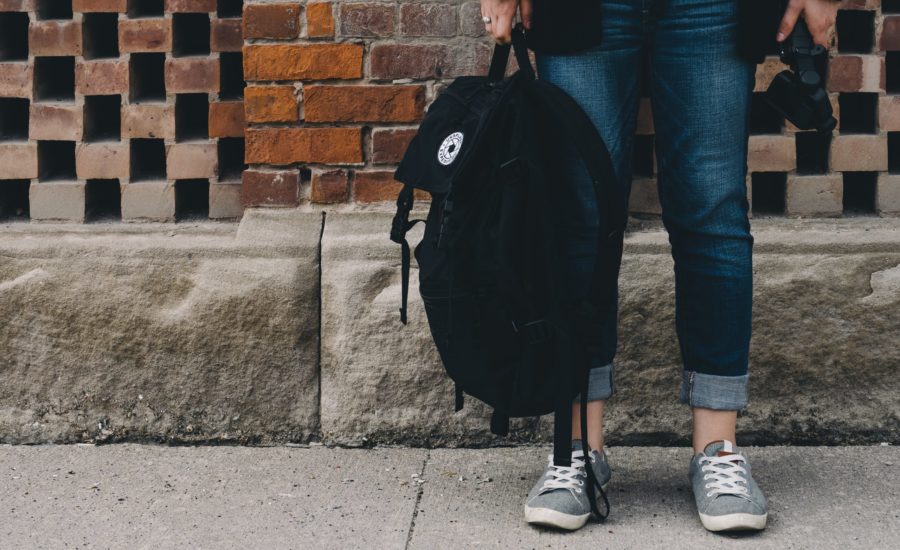Financial help for students and recent grads affected by COVID-19
Find out whether you qualify for the new Canada Emergency Student Benefit, CERB, student loan repayment deferral or other assistance to help cover the cost of post-secondary education.













What about the international students? Are they eligible?
Are international students eligible for this process?
International students are not eligible for these benefits..you have to be a Canadian citizen.
How’s about a Canadian who is studying in the USA and is not eligible to work there and can’t come home to work?
Re employers: All applications for employers are closed as of the end of February 2020. Even if an employer now wanted to take advantage of the student wage subsidy, they cannot. This should change asap considering how tough it is for students this summer.
What about a student who had a written commitment for a summer job this year – returning to the job the had last year – can they get the CERB?
Due to the large volume of comments we receive, we regret that we are unable to respond directly to each one. We invite you to email your question to [email protected], where it will be considered for a future response by one of our expert columnists. For personal advice, we suggest consulting with your financial institution or a qualified advisor.
I work part time In the service industry. I worked during the summer and went to University some 500km away. During Christmas holidays did few more shifts before going back to university. When the campus was closed In March I returned home and was given a few shift but the business closed before I even started. I have bern working fir this business for 4 years part time. I did make more then $5000 last year and with my part time job I was never let go nor did I quit when left for university. My concern is in the rules it says you must of worked and lost your job. I was scheduled to work but ever did. Am I entitled to the CERB
Due to the large volume of comments we receive, we regret that we are unable to respond directly to each one. We invite you to email your question to [email protected], where it will be considered for a future response by one of our expert columnists. For personal advice, we suggest consulting with your financial institution or a qualified advisor.
What do students (still in high school) do that have lost their part time jobs due to covid 19? What financial help can they apply for?
I am a student I get funding for 2000$ a month I cannot find work due to COVID do I qualify?
Due to the large volume of comments we receive, we regret that we are unable to respond directly to each one. We invite you to email your question to [email protected], where it will be considered for a future response by one of our expert columnists. For personal advice, we suggest consulting with your financial institution or a qualified advisor.